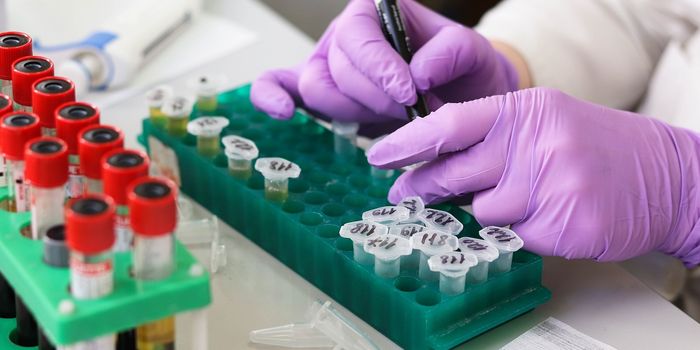Parasitic Worms Help Unravel the Immune Mechanisms Underlying Chronic Disease
Parasitic worms known as helminths have a complicated relationship with the immune systems of the hosts they invade. Termed by experts as “masters of immunomodulation”, worms are able to tinker with inflammatory pathways on a molecular level to keep immune attacks at bay. By putting the molecular mechanisms of worm infections under the microscope, researchers have gained new insights into the nature of an immune regulator known as IL-33.
"The mantra of my lab since its inception has been that parasitic worms manipulate their hosts in very interesting ways to maintain their survival," said Penn University’s De'Broski Herbert, the lead author of a study published in Science Immunology detailing these newly discovered immune pathways. "SARS-CoV-2 doesn't care about staying in your body very long because it is transmitted so easily. Worms aren't spread so easily, so they have to figure out how to persist."
Helminth parasites are of considerable medical and economic importance due to their ability to infect both humans and animals with potentially lethal consequences. For the most part, however, helminths are able to remain in stealth mode after infecting their host, staying just out of reach of the host’s immune defenses. One of the ways they achieve this is through the modulation of IL-33.
The cytokine IL-33 is not only relevant for parasitic infections but has been shown to play a role in an array of other chronic conditions including asthma and obesity. In their study, Herbert and colleagues discovered that IL-33 has two distinct functions: it can either suppress or activate the immune system. The team identified that its functionality depends on which cell is releasing IL-33.
The scientists used a genetically-engineered mouse model wherein specific cells were modified to disrupt their production of IL-33. The mice were then exposed to hookworms, an intestinal, blood-feeding parasitic roundworm. Mice with immune cells that were not able to secrete IL-33 eliminated the hookworms from their systems rapidly. However, those with immune cells that could produce IL-33 ended up with persistent infections.
The study opens up a whole new field of translational immunology. "It's kind of the missing link," said Herbert. "It opens up a whole new direction for understanding how this cytokine could be involved in obesity, inflammatory bowel disease, Crohn's, asthma, and development."
Sources: Eurekalert, Science Immunology.









